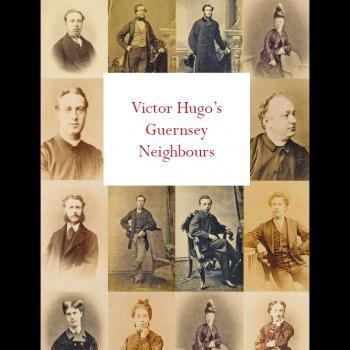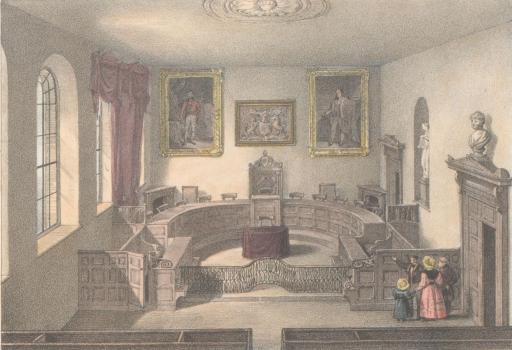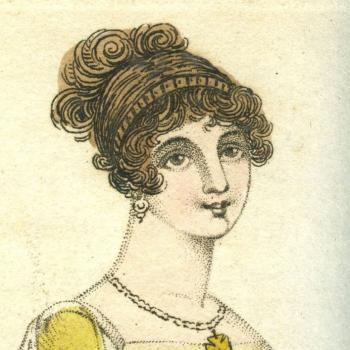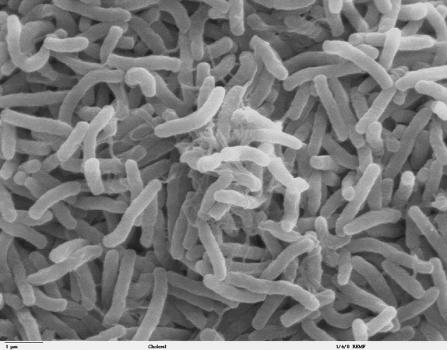10th May 2017
The Eclectic Review, Vol 17 (1), 1845, pp. 540-555. 1848 is the year of revolution in Europe; in Guernsey the stirrings of the people, such as they were, occurred just a few years earlier. (The headings have been added for ease of reading.) The illustration is a print from the Library Collection dated c 1835, published by M Moss, and showing the interior of the Royal Court in St Peter Port. 'May this people ever beware of apeing the follies of their neighbours, and retain their own dignified simplicity! For it they are pre-eminent. Should they ever stoop to become imitators, they can never get beyond an humble mimicry of that which is useless and effeminate in the customs of England.'
21st April 2017
On 5 March 1862 Hugo made arrangements with his cook, Marie Sixty, for a repas des enfants pauvres to be served every week, ‘the meal will be the same as ours, we shall serve them, they will say as they sit down Dieu soyez beni and on rising Dieu soyez remercié.’ [Carnet, Quatrième agenda, Massin p. 1387.] His son Charles disapproved of the wording (see letter from Hugo to Charles, Massin p. 1388, 22 March 1862). Hugo followed the teaching of a French doctor that meat and a glass of wine were good for growing children—not a medical opinion that would be advocated today. The first such lunch took place on 10 March 1862 and thereafter they were held on a regular basis. There was a special meal at Christmas, when presents were distributed. These were often of a useful nature—items of clothing for example, but there were also toys. This is part of The Victor Hugo and Guernsey project.
19th April 2017
From the Gazette de Guernsey, January-September 1808, the spelling exactly as it was published. The 18th January was the occasion of a ball at the Assembly Rooms. The plate is dated October 1807 and is from the Library Collection.
19th January 2017
Daniel Girard, Castle Porter, that is, prison warden/jailkeeper, lost his prisoner, George Pellew, who had been committed to his care by Jean Dobrée. Pellew owed Dobrée money. The Royal Court, under the auspices of the Juge-Délegué, William Le Marchant, had ruled on 8 March 1719 that Daniel Girard should not be required in any way to compensate Dobrée. Dobrée appealed to the Privy Council, who requested a report on precedents to the Royal Court. The following letter is what the Royal Court produced in reply; on reading it, the Privy Councillors confirmed the Royal Court's initial judgment and dismissed the appeal.
5th December 2016
Guernsey centenarians before Mrs Neve.
8th November 2016

A new digital project based upon the book, Victor Hugo's Guernsey Neighbours, by Gregory Stevens Cox, MBE, MA (Oxon), Ph.D. The publication of the book was timed to coincide with the Victor Hugo in Guernsey Festival which took place in Guernsey in May, 2016. From this festival was born The Victor Hugo in Guernsey Society. The Festival celebrated the 150th anniversary of the publication of Victor Hugo's great novel, Les Travailleurs de la mer, or Toilers of the sea, which with its references to actual people and localities demonstrates a detailed knowledge of and interest in the island, and an understanding and empathy for Guernsey's culture and inhabitants, unparalleled until the publication of G B Edwards' Ebenezer Le Page in 1981. Hugo was not only influenced by Guernsey in writing this novel, however, but absorbed everything around him in his new home, and the legacy of Guernsey can be detected in every aspect of his life and work. The intention of this project, hosted by the Priaulx Library, is that it should collect and examine that island influence, and we welcome any contribution.
31st October 2016
From Thomas Gosselin's Livre des domestiques depuis 1811, in the Library collection.
18th October 2016
From Brouard's Guernsey Almanack of 1849, p. 51. Those marked with an asterisk were both boarding and day schools.
28th September 2016
The progression of the epidemic. From the Comet, Monday November 5, 1832.
9th June 2016
From the Morning Post, February 1, 1803.




